Digital Technologies: Integrating across the curriculum
Students learn through a combination of opportunities for self discovery, as well as lessons which incorporate explicit teaching. Through the learning experiences provided, students build their knowledge through collaboration, sharing of ideas and use of explicit vocabulary related to ‘real world’ and purposeful tasks.
Additional details
| Year band(s) | Foundation, 1-2, 3-4, 5-6, 7-8, 9-10 |
|---|---|
| Format | Web page |
| Organisation | Digital Teaching and Learning Victoria |
| Copyright | © Digital Teaching and Learning Victoria. May be subject to statutory licence fee. |
Related resources
-
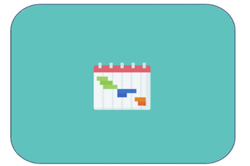
Years 9–10: Student-driven project
In this project, students take responsibility for selecting and managing a collaborative project to design and develop a digital product or prototype.
-
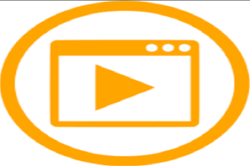
Tinker challenge: if/else: simple conditional response
This video is part of the lesson idea Coding a sentimental chatbot in Python that is located on the Digital Technologies Hub.
-
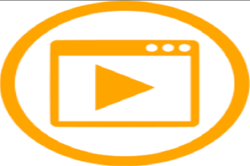
Tinker challenge: respond to the user's sentiment
This video is part of the lesson idea Coding a sentimental chatbot in Python that is located on the Digital Technologies Hub.
-
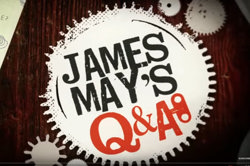
What are binary numbers? - James May's Q&A (Ep 11100) - Head Squeeze
Binary Numbers are explained in this video by Top Gear's James May.
-

A spreadsheet's secret weapon
In this lesson sequence, students learn to use pivot tables which have been described as the most powerful tool within spreadsheets.
-
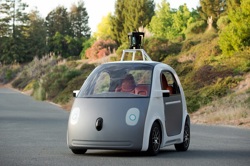
AI ethics - What's possible, probable and preferred?
The development and ubiquity of Artificial Intelligence raise a number of social and ethical matters that students can explore in the Digital Technologies classroom.
-

Bloom's Taxonomy
This section provides a guide for developing assessment activities based on the key active verbs in the Australian Curriculum: Digital Technologies using Bloom's Taxonomy as a framework.
-

What's The Difference Between ICT Capabilities & the Digital Technologies Learning Area?
This blog summarises the differences between ICT Capabilities & the Digital Technologies Learning Area. The blog article is written by Dr Rebecca Vivian a leader in Digital Technologies working in the Computer Science Education Research Group based at The University of Adelaide.
